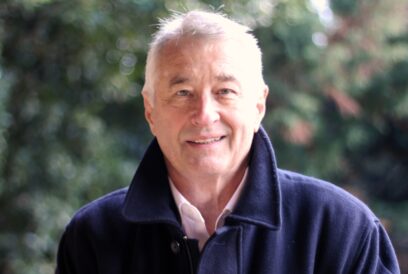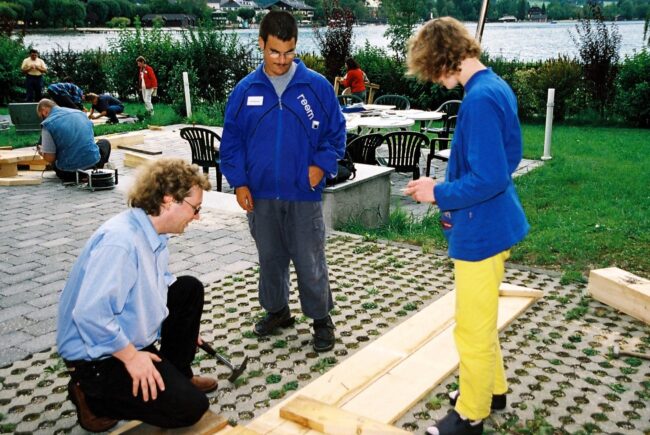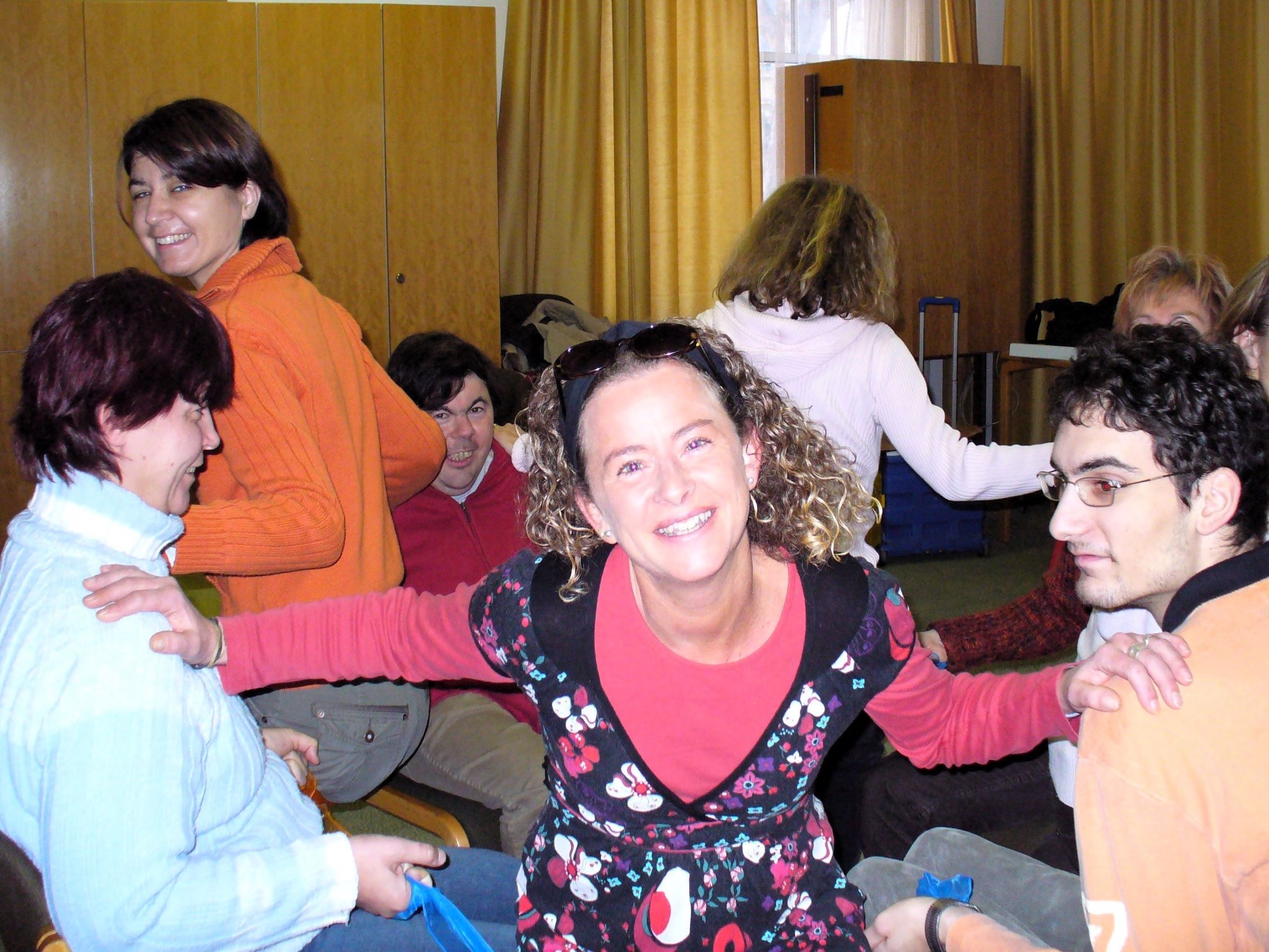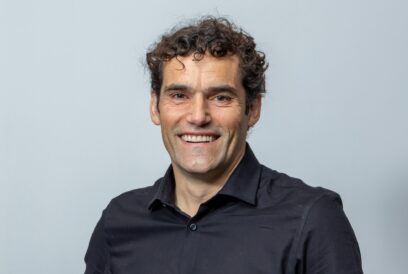A unique approach to create an educational space for everyone is deployed by Austria’s biv, the Academy for Integrative Education.
ELM interviewed biv’s managing director, Beate Dietmann, to learn more about the idea behind the inclusive approach to adult education.
How do you see the role of inclusion in adult education?
First, we need to take a closer look at the term inclusion. Many might think that inclusion only concerns people with disabilities. However, if we take an all-encompassing approach, inclusion is understood as the participation of all people in social life, including education.
Designing education programmes in a way that all people can participate is an important opportunity for adult education institutions as they can tap into new target groups, for example senior citizens and people with a migration background.
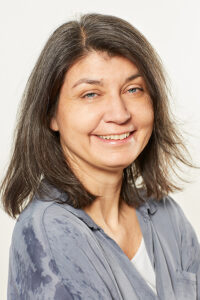
“Accessibility must be considered on many levels: it concerns also infrastructure, for example lighting and acoustics in the course room,” says biv’s Beate Dietmann. Photo: biv.
What does inclusion in adult education look like in practice at biv?
When we talk about inclusion, we always intend for individuals with and without disabilities to learn together. “It is normal to be different” is the basis of the inclusive approach!
For this to be possible, and for all people to be able to participate in an educational programme, obstacles and barriers must be removed. Accessibility must be considered at many levels: structural conditions, infrastructure, including for example lighting and acoustics in the course room, course programmes offered in simple language, for instance, course design including methods and much more.
Accessibility is an advantage for everyone, especially for people with wheelchairs, older people and people with a migration background.
What are the biggest difficulties in implementing inclusive education programmes?
In my opinion, uncertainties and concerns on the part of educational institutions and trainers are among the biggest problems. For fear of doing something wrong, educational programmes are often not opened up to different target groups.
Another major difficulty is that there is no permanent funding for inclusive education programmes. Although there is temporary project funding, programmes often cannot be continued after the end of the project.
In your experience, which programmes for people with disabilities have been particularly successful at biv?
People with disabilities have been an important target group for us since our institute was founded 27 years ago. In terms of integration, it was important to us at the time to offer courses at public educational institutions so that people with disabilities would have an opportunity to learn in places where other people also learn. In addition, there were already initial attempts to offer inclusive educational programmes.
One example of this is the Creative Education Days at the Federal Institute for Adult Education in Austria, which have been organised for more than 10 years. Under the motto “learning from each other,” participants can meet different people and gain new learning experiences in creative workshops.
In the meantime, our inclusive programmes have expanded. Workshops on topics like bullying, health and sign language have proved particularly successful.
What should be considered when people with disabilities take part in a seminar?
It is helpful to talk with the participants before the seminar to clarify what they need in order to be able to participate in a seminar. In addition, information about accessibility can be very useful for different target groups. For example, structural accessibility is important for a person with a mobility impairment, while simple language is necessary for a person with learning difficulties.
What educational opportunities do digitalisation and AI offer for people with disabilities?
Digitalisation and AI offer new assistance options for learning. They can be good tools if they are used in a self-determined way. To this end, it will be necessary to offer further training to expand the skills of people with disabilities.
How should adult education in Europe change to offer more inclusive learning spaces?
In order to enable inclusive adult education, appropriate political and legal political and legal framework conditions must be created. This can include the provision of funding for inclusive education programmes, the setting of targets to promote inclusion and the development of standards and guidelines.
biv
biv, the Academy for Integrative Education, was founded in Austria in 1997. biv offers educational events, information and counselling. The programmes are aimed at people with disabilities, people with mental illnesses and employees in the social, health and education sectors. biv also organises conferences on the topic of barrier-free adult education.
Inclusive courses have been offered regularly since 2009. Training for people with disabilities as course assistants began in 2018. Since 2020, biv has been working on various projects on the topics of inclusive adult education and digitalisation.
